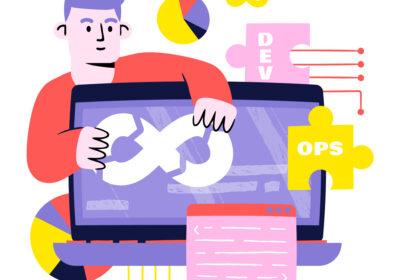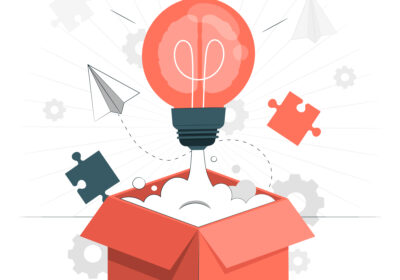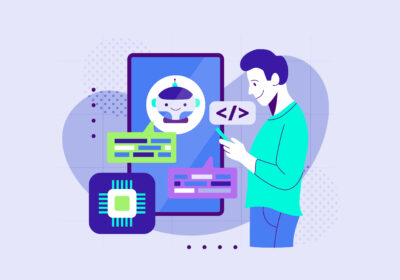Enterprise Resource Planning (ERP) systems have long been the backbone of business operations, from finance and inventory to HR and supply chain. But as digital transformation accelerates, traditional ERP is being reshaped by something far more dynamic: Artificial Intelligence.
We are witnessing the rise of Intelligent ERP (iERP)—systems that don’t just record transactions, but analyze, predict, and optimize in real-time.
Why Traditional ERP Needs AI
Conventional ERP systems, while powerful, are inherently reactive. They manage data but depend heavily on manual inputs, rule-based processes, and siloed modules.
In contrast, today’s business environment demands:
-
Faster decision-making
-
Proactive risk detection
-
Real-time personalization
-
Intelligent automation
AI infuses ERP systems with cognitive capabilities, enabling them to learn from data, anticipate needs, and recommend actions autonomously.
Key Capabilities of AI-Driven ERP
Here’s how AI is transforming ERP from an operational system into a strategic brain of the enterprise:
1. Predictive Analytics
AI algorithms can forecast demand, revenue trends, employee attrition, and cash flow with high precision—helping businesses plan proactively.
Example: AI can detect inventory shortages weeks in advance by analyzing purchase patterns, vendor behavior, and external market signals.
2. Intelligent Automation
From invoice processing to payroll reconciliation, AI can handle repetitive tasks faster and more accurately than human users, freeing up teams to focus on high-value work.
3. Natural Language Processing (NLP)
ERP users no longer need to navigate complex dashboards. With NLP, they can simply ask:
“What were last quarter’s top-selling SKUs?”
AI-enabled ERP understands and responds conversationally.
4. Anomaly Detection
AI can instantly detect outliers in expense reports, supplier pricing, or customer payments, often catching issues before humans do.
5. Hyper-Personalized User Experience
AI adapts dashboards, reports, and workflows based on user behavior and role, creating a more intuitive and productive ERP environment.
Real-World Applications Across Domains
-
Finance: Automated forecasting, fraud detection, and intelligent budget allocation
-
Supply Chain: Real-time route optimization, demand prediction, and disruption alerts
-
Human Resources: Talent analytics, intelligent recruitment, and attrition risk scoring
-
Sales & Marketing: AI-powered lead scoring, campaign performance forecasting
AI + ERP: Challenges to Consider
Despite its promise, AI in ERP isn’t plug-and-play. Organizations must address:
-
Data readiness: Poor data quality will derail AI effectiveness
-
Change management: Teams must adapt to new workflows and decision models
-
Cost vs. ROI clarity: AI features must tie back to measurable outcomes
-
Security & compliance: AI must respect regulatory boundaries, especially with financial and HR data
The Verbat Edge
At Verbat, we help enterprises unlock the true power of Intelligent ERP by combining deep ERP integration experience with AI-first architecture thinking.
Whether you’re looking to enhance your existing ERP or build an AI-native solution, we bring:
-
Modular AI enablement that layers onto your current ERP
-
Custom ML models tailored to your industry and processes
-
Conversational ERP experiences using voice and text
-
Secure cloud-native architecture ready for scale and compliance
The Road Ahead
Intelligent ERP isn’t a trend, it’s a competitive imperative. Businesses that embrace AI in ERP will not only cut costs and boost productivity but also uncover insights that drive real growth.
The future of ERP is not just smart, it’s self-learning, predictive, and adaptive.
Are you ready to make your ERP intelligent?




